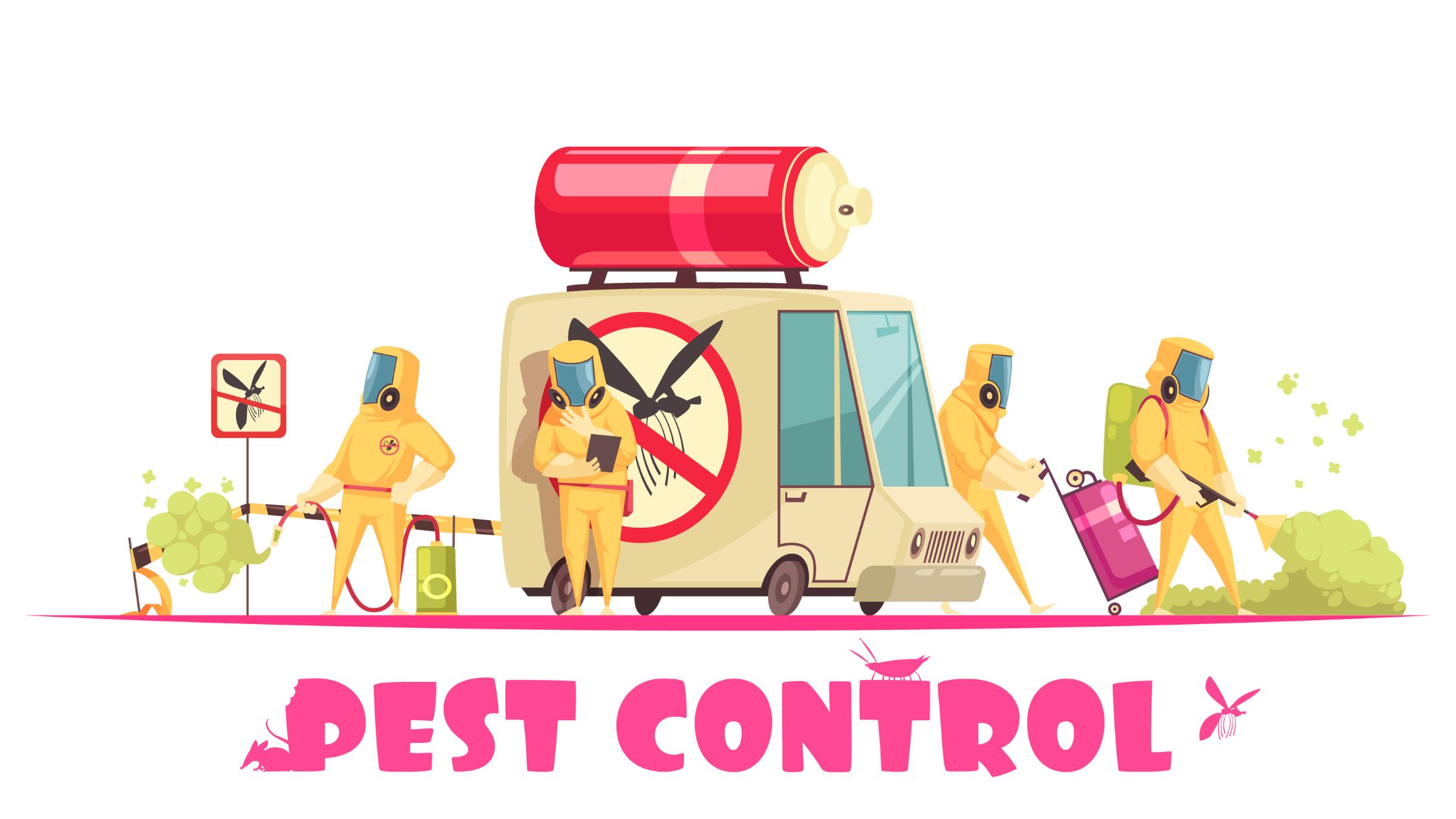
Rats entering houses can be a health risk and a nuisance. These pesky rodents not only cause damage to property but also carry diseases that can harm humans. To protect your home from rat infestations, it is crucial to take preventive measures and implement effective pest control strategies.
This article will explain some valuable tips, from remove rats permanently to safeguarding your home and keeping unwelcome visitors at bay. These suggestions can help you make your home uninhabitable for rats while protecting your family’s safety and well-being.
Let’s dive into the expert advice and learn how to protect your home from rats.








